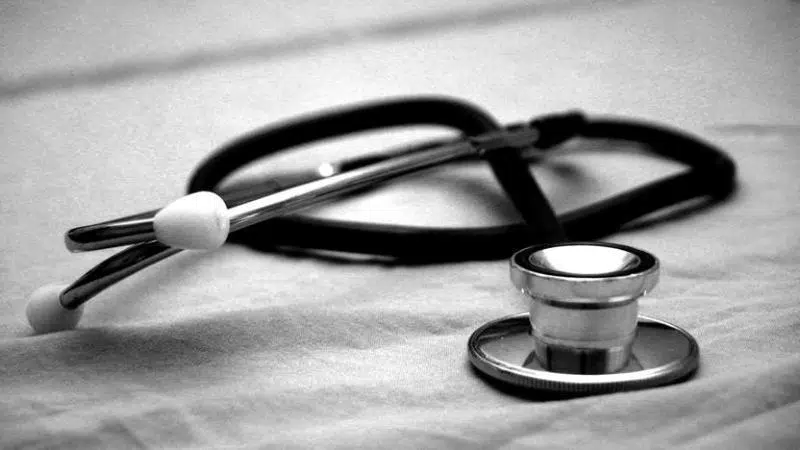
Rocky doctors to give up hospital privileges over billing changes
It potentially is a big blow to healthcare in Rocky Mountain House.
On Monday, doctors with the Rocky Medical Clinic gave 90 days’ notice to Alberta Health Services that they plan to resign their AHS privileges at the Rocky Mountain House Health Centre with the intent of keeping their own clinic open and staffed to the best of their ability.
The move is in response to changes implemented by the provincial government on March 31 to the way doctors in Alberta can bill for service.
“This loss leaves a huge hole in the ability for the remaining physicians to fully cover shifts in the Emergency Room (ER) and acute care,” the doctors acknowledge in a Facebook post. “Unfortunately, we anticipate a further cascading effect of loss of services in the future.”


